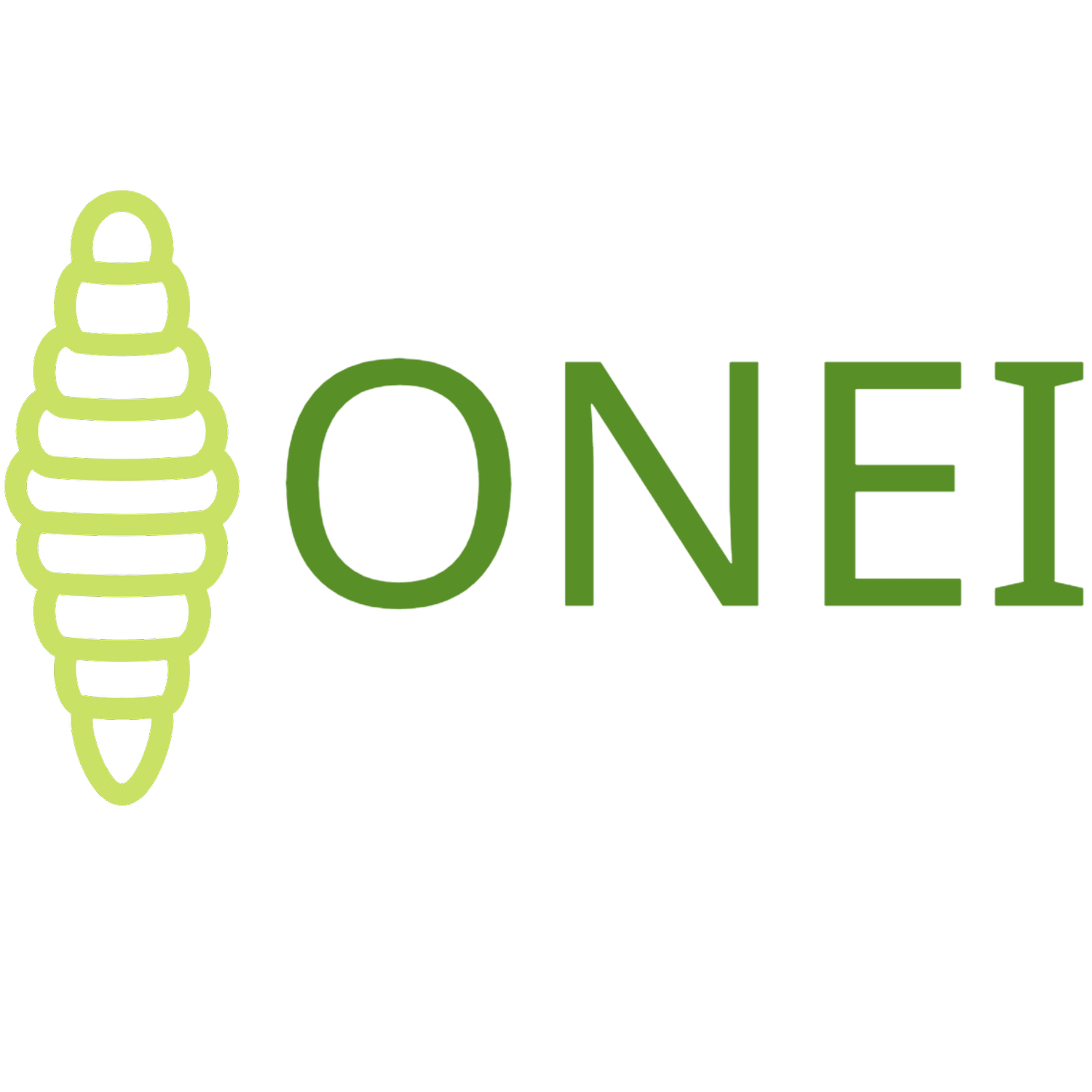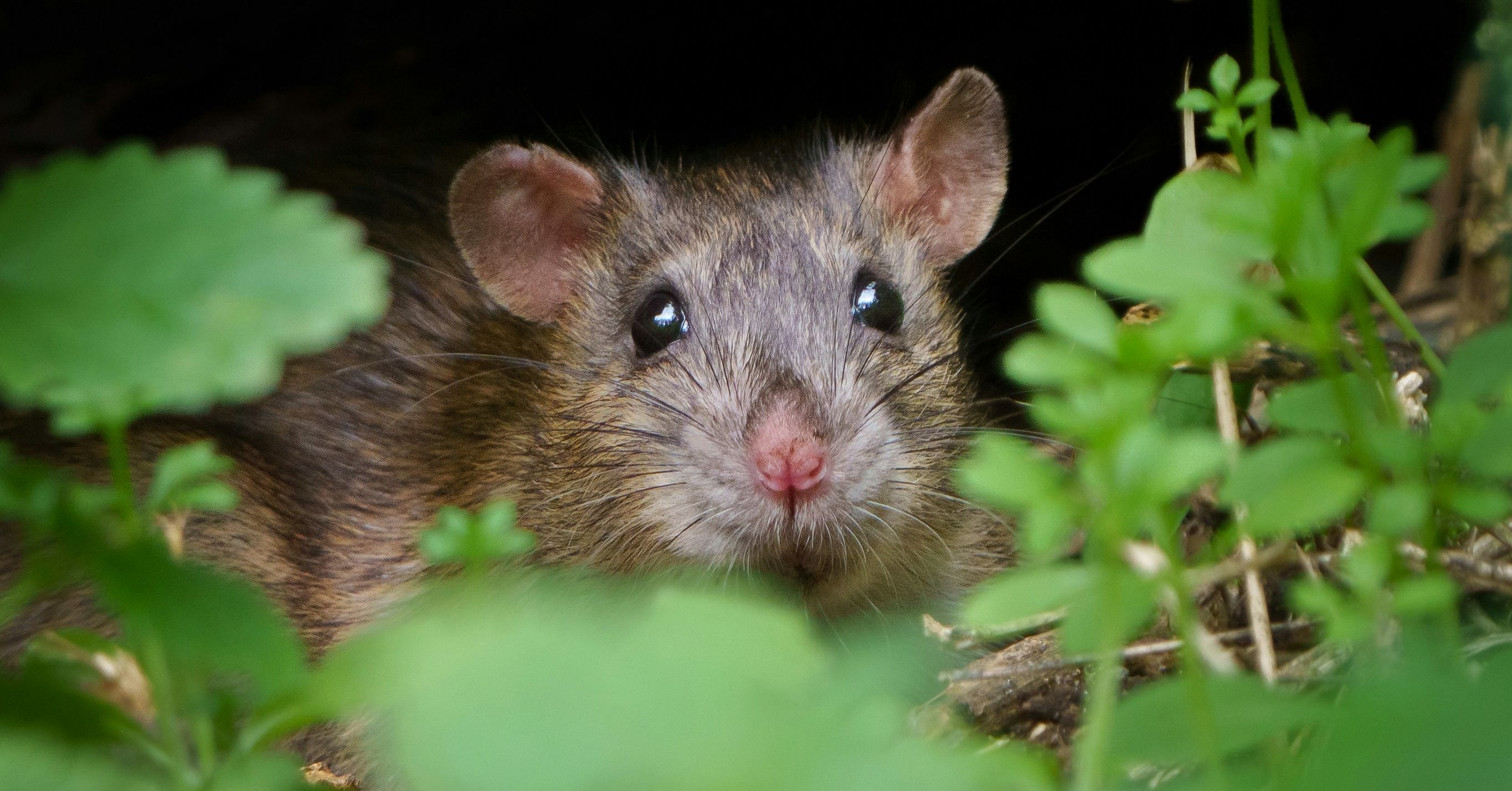We are excited to announce the launch of the ONEI, an organisation dedicated to informing decision-making about insect farming in France (Observatoire National de l'Elevage d'Insectes).

The context
France is a leader in insect farming, with two of the largest companies in the sector working there. The industry has grown immensely in recent years, gathering more than a billion dollars in investment worldwide, with the number of insects farmed yearly rising from 1 trillion to 10 to 30 trillion in 5 years. The sector is expected to grow even further in the future.
While discussions on the topic often revolve around insects as food, farmed insects are primarily intended to be used as feed for other farmed animals like fish or chickens or as pet food.
Insect farming has been presented as a potential solution to environmental challenges linked to conventional livestock farming. France is currently supporting the industry with funding and research.
However, several recent studies call into question these promises of sustainability. For instance, rebound effects could lead to increased meat consumption and the associated impacts if insects provide a new source of animal feed. Moreover, while insects were promised to contribute to a circular economy by using food waste, persistent economic and regulatory challenges prevent this, with most farms feeding insects with high-quality feeds already in use elsewhere.
Our role
I am the first author of several new papers produced in collaboration with the Insect Institute on the environmental impacts of insect farming. This work, covering environmental sustainability, economic competitiveness, barriers to the use of food waste, limits to the research and consumer acceptability, is currently available in the form of academic preprints and highlights several challenges.
ONEI intends to share evidence-based information on the impact of insect farming on the environment and society, a role no actor is currently filling in France. Our first task, currently underway, is translating our findings into French. We plan to work with policymakers, journalists, and investors. Much of our work will revolve around policy to ensure that future decisions are based on solid evidence.
How you can contribute
French speakers can subscribe to our newsletter and share our articles when they are published.
If you have contacts who might be interested in data on the sustainability of the sector (in French or English), please share them with us. This includes policymakers, institutions, journalists, investors or researchers.
If you're interested in this topic, we are looking for volunteers! We have some skilled tasks available for non-French speakers (graphic design, communication) and others that require speaking French (proofreading, identifying relevant contacts to share our reports with). I can also redirect you to relevant English-speaking charities that might have other roles in this sector.
You can DM me, and I will also be at the EAG London and EAGx Utrecht - feel free to reach out!
You can contact us here or via email (contact@onei-insectes.org) for any questions or remarks.



Thank you again for everything!